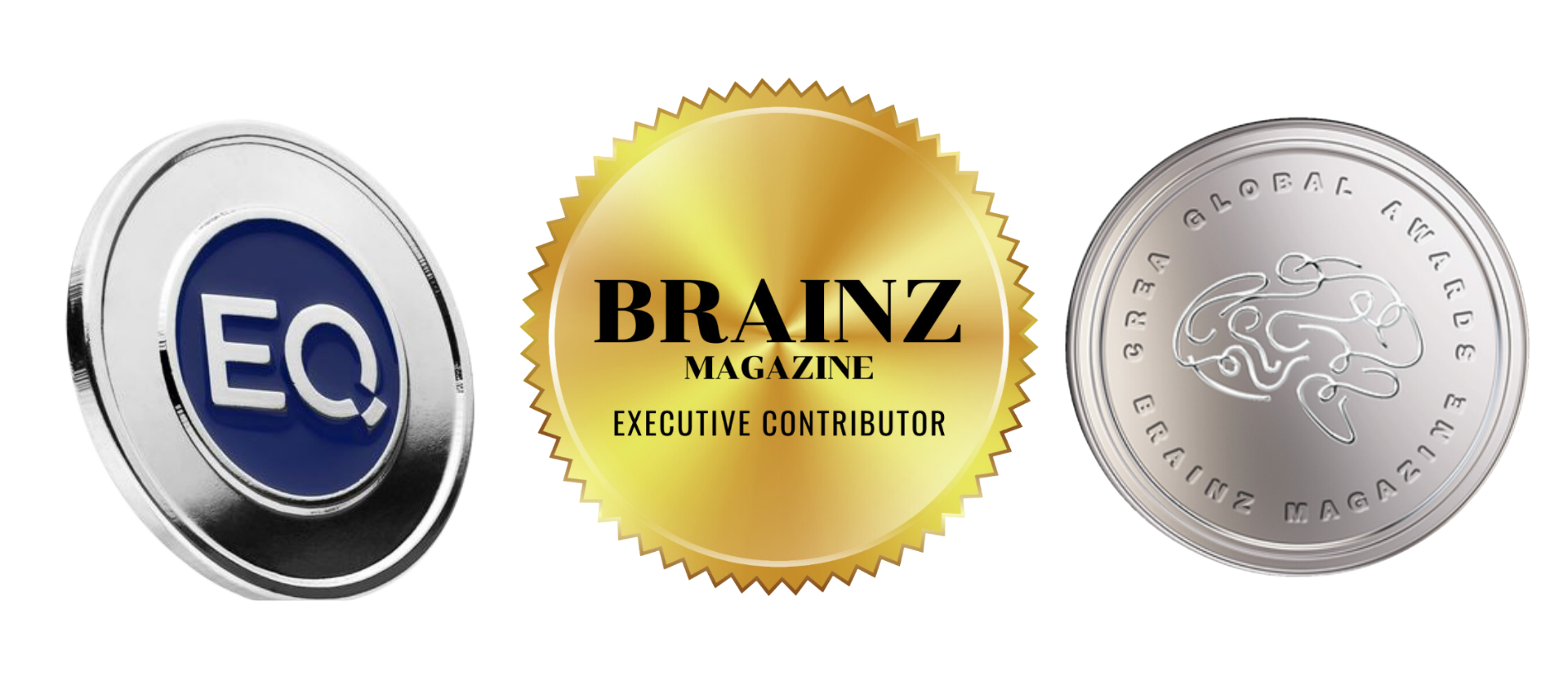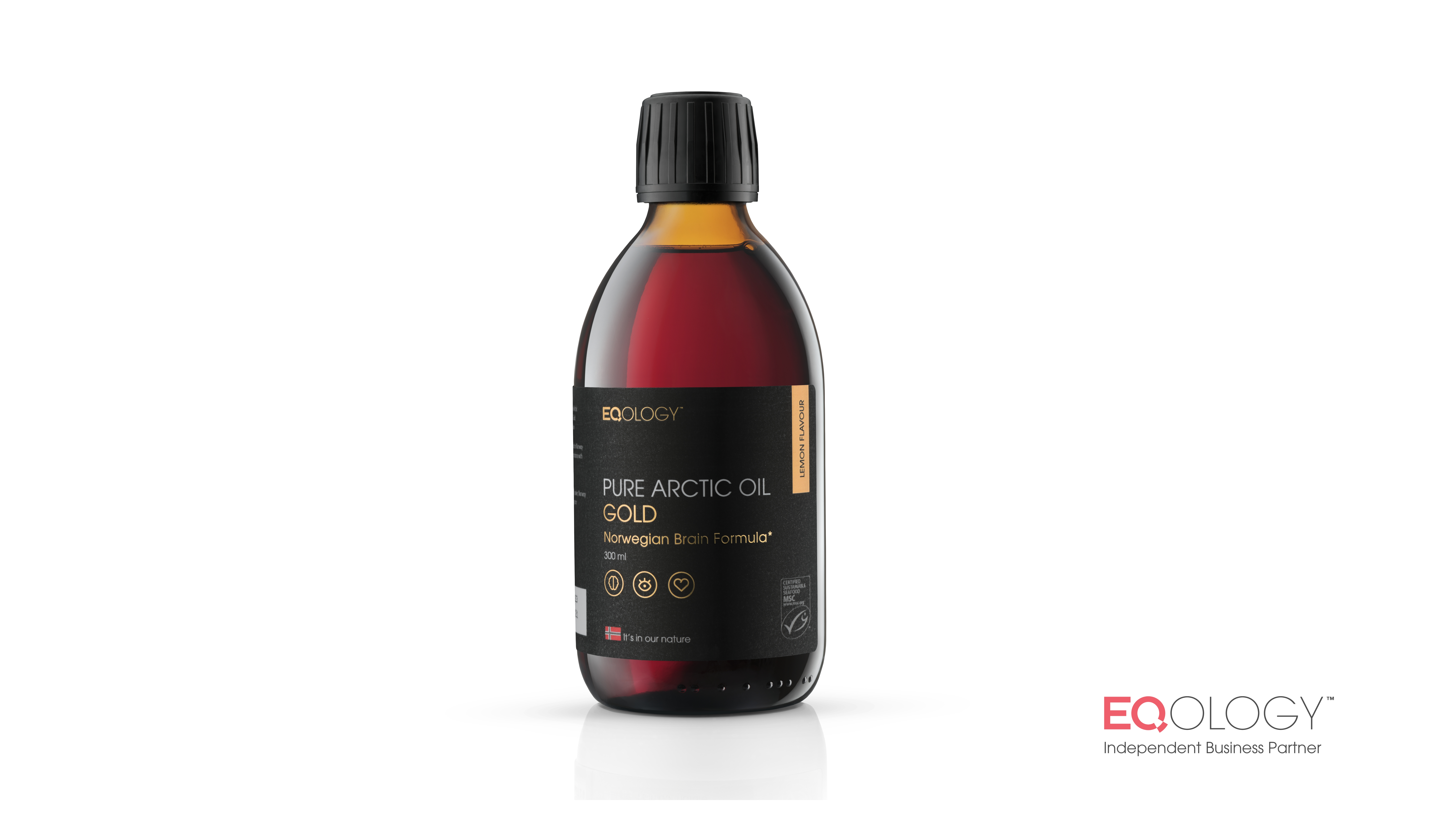Omega 3: DHA/EPA for more mental strength:
Watch the Free EQ Webinar and learn how this fatty acid can also improve your mental performance!
Watch the Free Webinar and learn how this fatty acid can also improve your performance!
Most Athletes Face Critical Omega Ratio Imbalances!
For peak performance, athletes rely on a balanced Omega 6 to Omega 3 ratio, ideally between 1:1 and 3:1. However, many athletes struggle with ratios as skewed as 15:1 or even 30:1, due to rigorous training, diet, or supplementation errors. Furthermore athletes need an optimal Omega 3 Index of at least 8% and ideally up to 12%. Insufficient Index levels and imbalances can lead to chronic inflammation, impairing performance, slow recovery, prolonged soreness and less mental well-being such as hightened pre game anxiety. Despite the body's need for Omega 3 many athletes still fall short of recommended intake levels, hindering optimal brain health and performance.
Recomended Intake for Athletes in 2024
The International Olympic Conference advises approximately 2g of Omega-3s per day, which is in line with established research.
Recomended Intake for Athletes in 2024
9 out of 10 Omega 3 products are toxic!
The primary quality indicator for Omega-3 products is the TOTOX value, ideally below 10, which signifies freshness. However, many products don't disclose this value. Legally, values up to 26 are permissible, but such products, like most capsules, are typically rancid. The rancidity is evident upon opening the capsule, and consuming such oil can be more harmful than beneficial.
The NBA's recent player tests have revealed concerning results regarding their Omega-3 Index levels. Specifically, 21% of players fell below 4%, 77% landed between 4% and 8%, and a mere 2% achieved an Omega-3 Index over 8%. This article explains it in detail - so make sure to check it out.
„If more than 90% of pro athletes fall short of the optimal dosage - can you already see the potential this holds for you and your performance?“

My personal Omega 3 recommendation for athletes:
"NO Capsules Please - BUT HIGH QUALITY OIL!" (also vegan options available)
What other factors should athletes consider to enhance their mental resilience?
The gut-brain axis is a bidirectional communication system between the gut and the brain, involving neural, hormonal, and immune pathways. This connection is crucial for mental health as it influences mood, cognition, and behavior. Maintaining a healthy gut-brain axis is key to promoting mental well-being. Strategies to improve it include consuming a balanced diet rich in fiber and probiotics, managing stress levels, getting regular exercise, and ensuring adequate sleep. Also avoid anything that can cause a leaky gut syndrom.
Tryptophan, an essential amino acid found in various foods, is critical for melatonin production, a hormone that regulates sleep-wake cycles. Melatonin is synthesized from tryptophan in the brain and plays a vital role in promoting restful sleep. Including tryptophan-rich foods such as turkey, chicken, eggs, nuts, and seeds in the diet can support optimal melatonin production and improve sleep quality.
Heart rate variability (HRV) monitoring is a valuable tool for assessing autonomic nervous system function and stress response, both of which are closely linked to mental health and athletic performance. HRV reflects the variation in time intervals between consecutive heartbeats and can indicate an individual's ability to regulate stress and recover effectively. By monitoring HRV, athletes can optimize their training, recovery, and stress management strategies to enhance mental resilience and overall well-being.
To offer you the best in sports nutrition, I’ve partnered with:
DENISE MAREK!
Hi, I'm Denise - great to meet you. As a former semi-pro footballer, I believe poor nutrition was a major factor in my struggle to go pro and in my frequent injuries. I don’t want you to face the same challenges!
I’m a pediatric nurse, studied nutrition, did my master’s in sports nutrition at Real Madrid, and specialized in soccer at FC Barcelona. I’ve coached players in the Bundesliga, Premier League, and World Cup. Now, I coach a youth team in the top German league and work with professional players in Germany’s top three leagues. I also do sports nutrition consulting.
I’m especially passionate about helping female players because I’ve been there. I know how the female hormonal cycle affects our muscles, ligaments, and joints, contributing to injuries like ACL tears. I’ve created a nutrition plan specifically for professional female soccer players to boost their performance, recovery, and injury prevention and I am super happy Stefan and I have decided to join forces in order to help you boost your performance even further.
© Copyright 2025 - All rights reserved | Stefan Peter Coaching LLC

Pure Arctic Oil Premium Omega 3
BONUS: If you decide purchasing the product using my affiliate ID on www.eqology.com I'm your personal go-to guy for any queries about the product and your test results. Please consider using my affiliate ID at checkout if that sounds great to you: 10227971
This also includes: a complimentary 45-minute personal consultation explaining how to use the product, but on top of it we also look at other biomarkers that are important for athletes to improve mental strength and mental health.